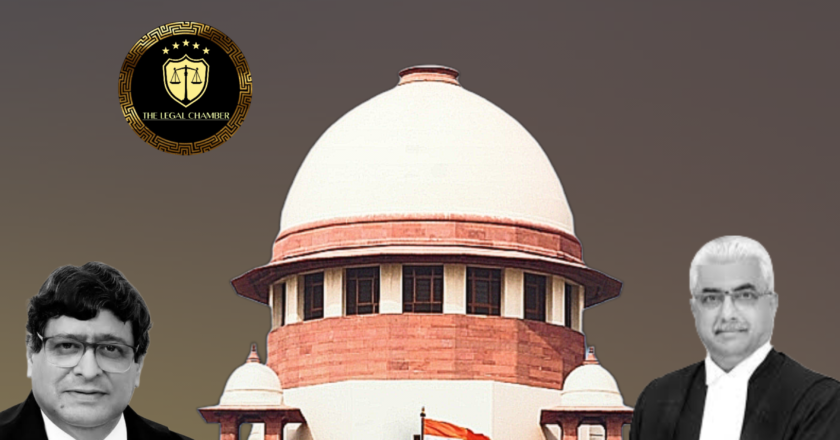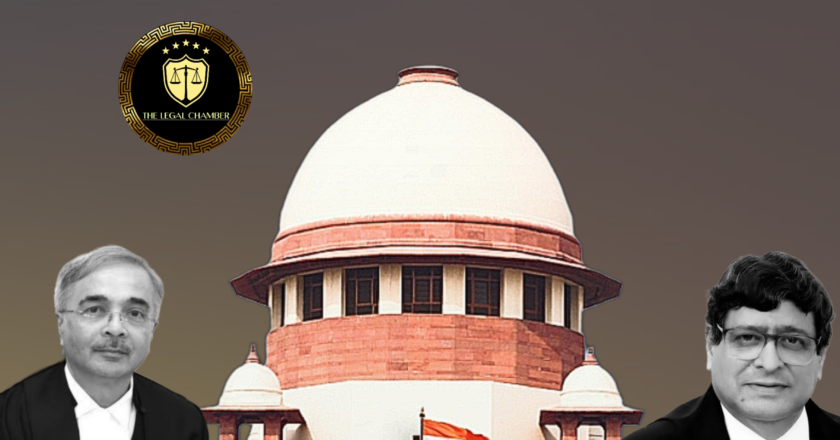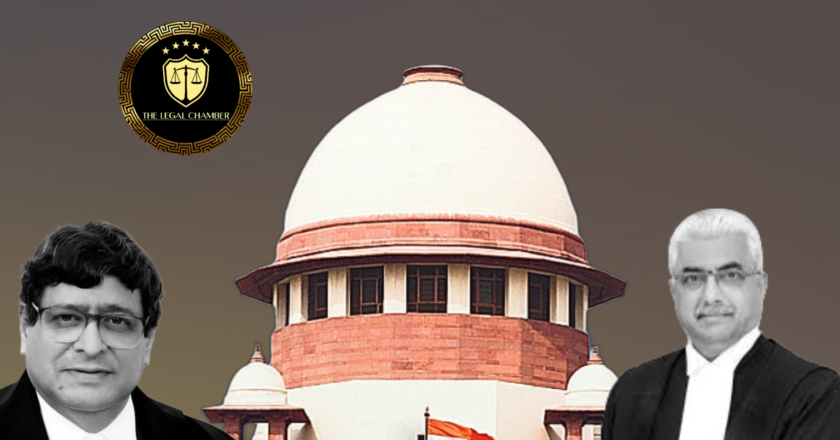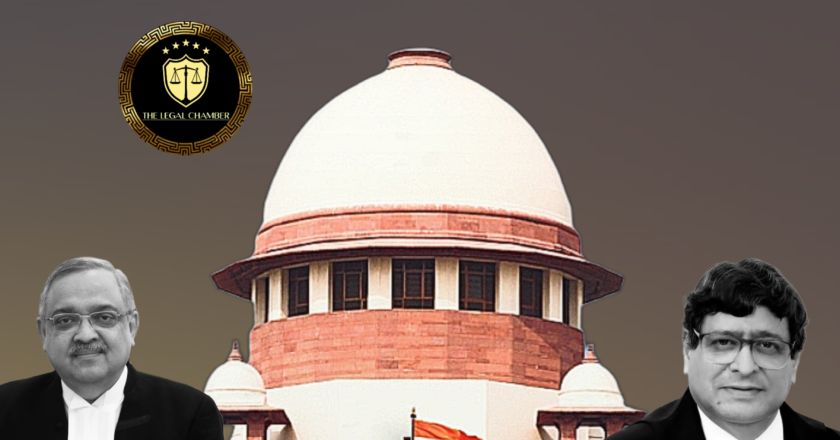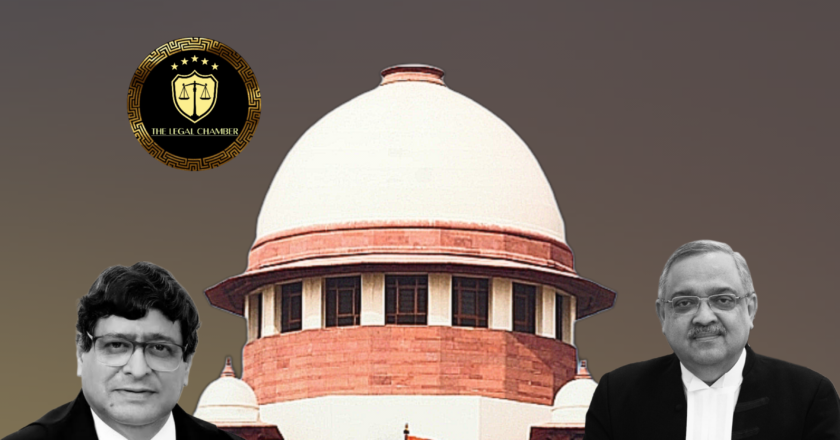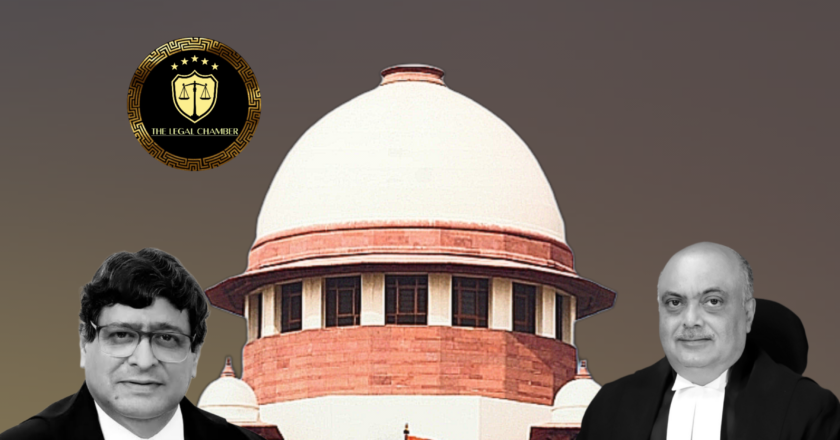Landmark Ruling: Supreme Court Explains How to Calculate “Just Compensation” for Accident Deaths
This Supreme Court judgment clarifies that allowances forming part of a deceased's salary, if used for family support, must be included in income computation for motor accident compensation. It applies established principles from Sarla Verma and Pranay Sethi to include future prospects and awards consortium as per Magma General Insurance, ensuring just compensation under the Motor Vehicles Act.
Facts Of The Case:
On February 16, 2009, Lokender Kumar died in a motor accident caused by the rash and negligent driving of a Santro car on the Sohna-Gurgaon Road. His widow and two minor children filed a claim petition before the Motor Accident Claims Tribunal in Gurgaon, seeking Rs. 25 lakhs in compensation. The Tribunal, considering his basic salary of Rs. 3,665 per month and applying a multip...
